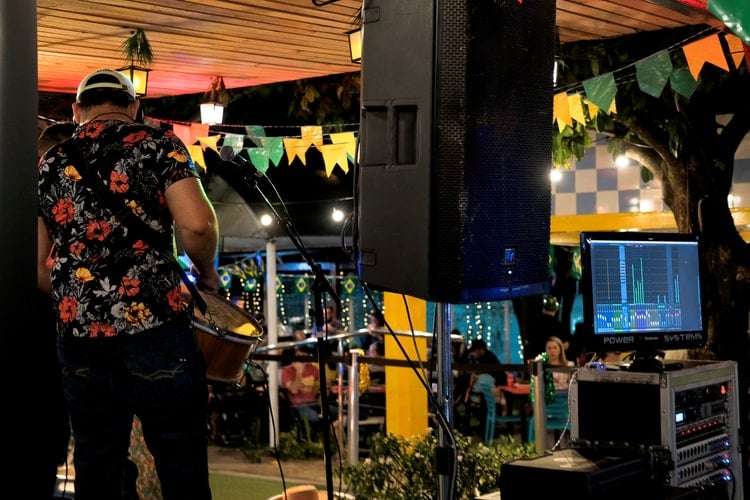If you’re exposed to loud noises, like a concert at Tabernacle, you’re not only at risk of noise-induced hearing loss, but also tinnitus. Tinnitus is a phantom ringing, roaring, hissing, whistling, buzzing or humming sound with no external source. While in most cases the tinnitus should be only temporary, it can still be bothersome. Below we review how to manage tinnitus at home as well as how to protect your hearing in the future.
1. Give Your Ears a Break

After being exposed to hours of extremely loud music, the last thing you should do is expose your ears to more loud noises. This means you should try to spend the next few days having quiet time at home and avoid going out to any bars, restaurants or other noisy settings.
2. Distract Yourself
That said, if you’re in a setting that’s too quiet, it can cause you to focus even more on your tinnitus. Try playing music or watching a show with the volume turned down low so that your ears and brain have something to focus on besides the noises in your ears.
3. Play White Noise
Playing white noise, whether through a white noise machine or simply turning on a fan or humidifier, can also help distract you from your tinnitus because the white noise coming from the external source masks the sounds of your tinnitus.
4. Avoid Alcohol and Caffeine
For many, alcohol and caffeine are triggers for tinnitus. Try to limit or stop your use of these substances for a couple of days until your tinnitus resolves.
5. See an Audiologist
If your tinnitus persists for more than two or three days, you should see an audiologist, as you may be suffering from permanent hearing damage. An audiologist can assess your hearing and tinnitus and come up with a treatment plan if necessary.
6. Next Time, Wear Earplugs
Even if you didn’t wear hearing protection this time around, there’s always next time to make healthier choices. You can invest in a pair of musician’s earplugs from Advanced Hearing, which reduce dangerously loud sounds without sacrificing sound quality. A lifetime of leisure music exposure is associated with an increased frequency of tinnitus, according to one study. For more information or to schedule an appointment with a hearing expert, call Advanced Hearing today.


